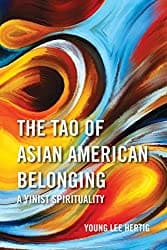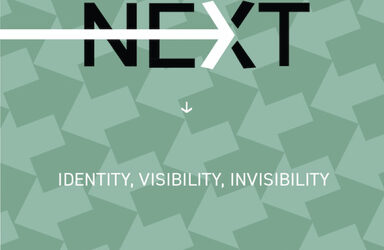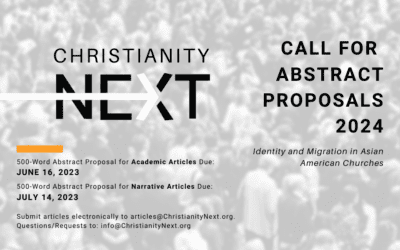Book Authored by Young Lee Hertig
This book expresses a quest for inclusion amid feminist, womanist, and mujerista discourses. Hertig’s yinist spirituality is a novel attempt to lift up the voices of female, Asian American voices in Christian ecological theology. She coined the term yinist in the 1990s to “name the nameless Asian American feminism.” The term yin refers to the feminine energy of Taoism, in contrast to the male yang. This book will be a valuable resource for the academy, churches, and denominational leaders.
Book Review
The Tao of Asian American Belonging: A Yinist Spirituality
Young Lee Hertig
Maryknoll, NY: Orbis Books, 2019. 184 pages. Paperback. ISBN 9781626983359
Reviewed by Peter C. Phan
Peter C. Phan holds the Ellacuria Chair of Catholic Social Thought at Georgetown University.
In her latest book, The Tao of Asian American Belonging: A Yinist Spirituality, Young Lee Hertig intends to offer what is stated in its subtitle, namely, a spirituality based on the yin in Daoism. Her immediate intended readers are Christian Asian Americans, especially female, ordained and lay, who seek both to practice their faith in their adopted country, the United States, and belong to it as citizens. Hence, the title, The Tao of Asian American Belonging. By Asian Americans Hertig refers primarily to East Asian Americans under the Sinic philosophical and religious sphere of influence, namely, those of Chinese, Japanese, Korean, as well as Vietnamese heritage.
Despite its relatively small size (184 pages), the book packs a dizzying array of scholarly resources to formulate a yinist spirituality including, beside Daoist cosmology, Celtic spirituality, quantum physics, neuroscience, cultural and feminist studies, process thought, postmodern philosophy, education theories, biblical exegesis, Korean church history, and evangelical piety.Lest readers be scared by this formidable intellectual bricolage, let me assure you that the book is written in lucid prose, without jargon and neologisms (except perhaps the word “yinist”), and presents high-sounding and obtuse concepts in accessible language, and yet without oversimplification.



